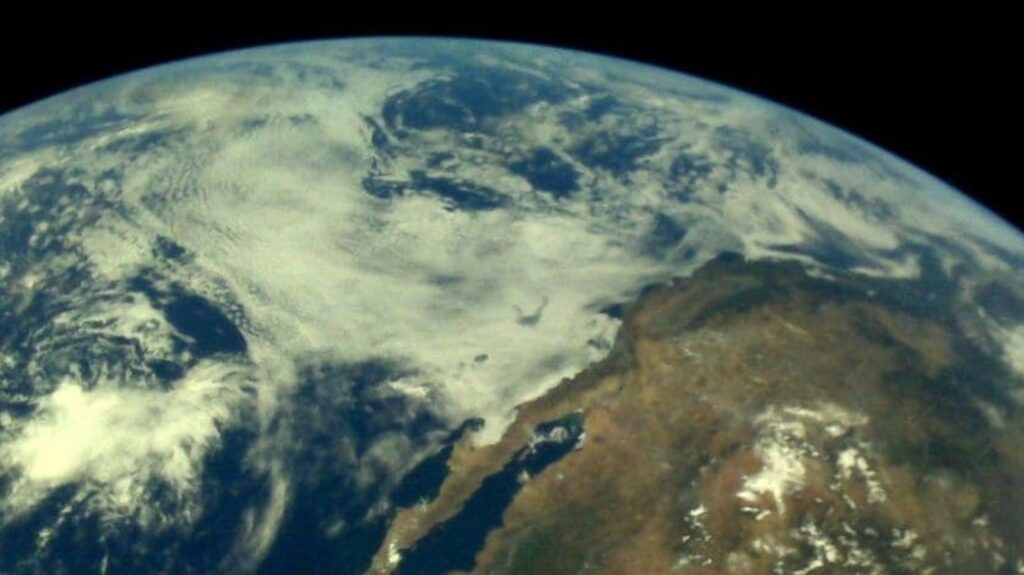Rwanda, a landlocked African nation that has played in the big leagues using military might, image branding and political influence, has become a major strategic player under the leadership of President Paul Kagame, with its tentacles stretching far and wide.
 Rwanda: A small country with influence beyond its borders
Rwanda: A small country with influence beyond its borders
The strongman, who has been Rwanda’s de facto leader since the 1994 genocide and is seeking a fourth term as president in Monday’s elections, has built a sphere of influence far larger than Rwanda’s land area, seeking to develop the country and consolidate his own power base.
Unlike many other African countries, “Rwanda is pursuing a real foreign policy strategy,” said Paul Simon Handy, East Africa director at the Institute for Security Studies.
Handy said the strategy was similar to “smart power” – combining hard and soft power, using military and economic means to gain influence.
The Rwanda Defence Forces is one of the pillars of this policy, but its role is contradictory.
Congo has long accused its neighbour of stoking instability in the east, supporting armed groups including the Tutsi-led M23, sending troops and attempting to plunder the country’s mineral wealth.
A recent report by UN experts said between 3,000 and 4,000 Rwandan soldiers are fighting alongside M23 rebels and that Kigali has “effective control” over the group’s activities.
Asked repeatedly about the issue, President Kagame did not explicitly deny the presence of Rwandan troops in the Democratic Republic of Congo, instead pointing to “persecution” of the Tutsi minority and the risk of instability on Rwanda’s borders.
“Rwanda’s security posture is defensive rather than offensive in nature. We only act when there is a problem,” he said this month.
But its opaque role in the Democratic Republic of Congo has seen Kigali lose some financial support from Western countries, which cut development aid and investment between 2012 and 2013. – “Africa’s policeman” –
At the same time, Kagame positioned his country’s military as “Africa’s policeman”.
Since 2024, the RDF has participated in numerous UN peacekeeping operations. As of March 31, 5,894 personnel have been deployed, with Rwanda being the fourth-largest contributor, sending troops to South Sudan and the Central African Republic.
“By participating in and leading peacekeeping and independent military operations, Rwanda has significantly enhanced its international image and strategic importance beyond its historical ties to the 1994 genocide,” said Federico Donelli, an assistant professor of international relations at the University of Trieste.
Kigali is also reaping a financial windfall: The UN pays donors $1,428 per soldier per month, meaning Kigali receives more than $100 million per year.
RDF is also deployed under bilateral agreements, for example with the Central African Republic and Mozambique.
These military engagements are often accompanied by economic agreements, providing development opportunities for Rwanda, which has no natural resources or industrial base of its own and is dependent on international funding.
In the Central African Republic, Rwandans enjoy investment privileges in sectors such as mining, agriculture and construction, often led by Crystal Ventures, an investment company owned by Kagame’s Rwanda Patriotic Front.
These deals are also a valuable diplomatic tool to avoid the threat of sanctions against the Democratic Republic of Congo and its dire human rights record.
“Rwanda has never hidden its threats to withdraw from peacekeeping missions if sanctioned,” Handy said.
“Its effectiveness has been proven. Efforts by the DRC to impose sanctions on Rwanda for its support of M23 have failed.”
Donelli said Kagame has the ability to read the world situation.
“He knows that Western countries are becoming increasingly reluctant to intervene in African crises,” he added.
“In an increasingly chaotic regional situation, he is trying to use Rwanda’s role as a reliable partner in the crisis to mitigate Western criticism and divert attention from domestic problems such as a lack of democratic development, the centralization of power and human rights issues.” – “Smart Power” –
President Kagame has been accused of ruling with an authoritarian style and stifling the media and opposition, with the World Bank saying almost half of the population lives on less than $2.15 a day.
But he has sought to boost Rwanda’s image abroad by promoting it as Africa’s flagship city for new technology, a hub for conferences and major sporting events, and a major ecotourism destination.
Sponsorship deals have seen “Visit Rwanda” emblazoned on the shirts of European soccer teams Arsenal, PSG and Bayern Munich.
Rwanda is also increasing its presence in international organizations.
The country joined the Commonwealth of Nations in 2009 and will host a summit in 2022. One former minister also heads the International Organization of Francophonie and another is vice-chair of the African Union Commission.
Handy says Rwanda’s “smart power” was demonstrated by its controversial deal to take in asylum seekers deported from the UK.
“The interest was financial in nature, but also to project an image of a peaceful country in which refugees could live.”
The plan was widely condemned by human rights groups, blocked by a British court and has now been scrapped by Britain’s new government, but Rwanda maintains it is under no obligation to return the £240 million in payments already transferred from London.
sva/txw/gv
ISS A/S
This article has been generated from an automated news agency feed without any modifications to the text.



